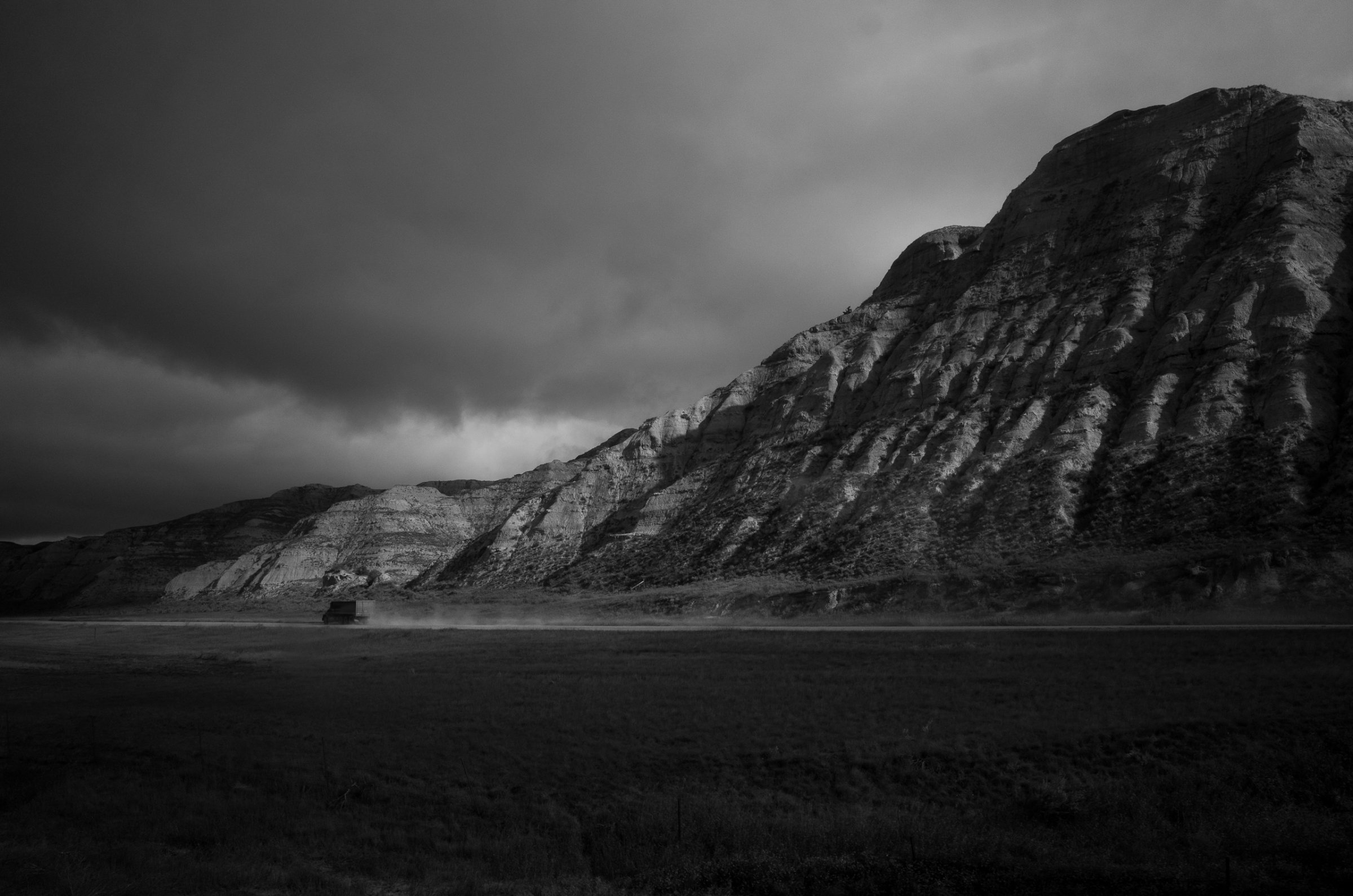
The story of the soul-searching traveller is a well-worn trope, pedaled by musicians, writers and artists for centuries. But in a post-Donald Trump, post-truth era, a reflective journey across America’s great plains takes on a new meaning. Trump’s victory – which shocked the public and pollsters alike – exposed the U.S. as a country of painful contradictions. And more than that, the disconnect and lack of understanding from both sides seemed unbridgeable. A month before the election, photographer Fernando Pereira Gomes travelled for three days on Amtrak’s Cardinal and Empire Builder trains from New York to Seattle, in search of the “other” America. By documenting the rural towns and broken dreams of those traveling west, Gomes pieced together a portrait of the forgotten majority.
Though Gomes didn’t set out with a clear vision, hours into the journey he realized the story he wanted to tell was one of melancholy. “Very quickly I sensed an atmosphere and feeling of despair,” he explains. “All the people on the train seemed downtrodden and a little bit hopeless at times. Especially on the ride between New York and Chicago.” This searing collection of photographs is a visual representation of that melancholy. “I purposely photographed in the darker light, trying to find the subtleties in the shadows and the metaphors of light within that,” says Gomes. As well as graphic landscapes and dusky stations, Gomes paused at individual stories; the ex-con who needed to get away from his home city, an out-of-work New Yorker looking to make money from the marijuana crop and a 20-something single mother, fleeing the East Coast with her two kids to escape an abusive relationship.
At dinner one evening, he sat eye to eye with a construction worker who, despite feeling conflicted, was planning to vote Trump. “It was a very honest and polite conversation,” says Gomes. “He almost wanted his mind changed but told me he had frequently seen instances where lower-wage workers – immigrant workers – took their jobs.” Through in-depth conversations, snatches of chatter on station platforms or the glimpse of a mother’s troubled face caught in the moonlight, Gomes was able to patch together a sense of life for the disenfranchised. “It was very evident that there is a total disconnect between these people and those who live in eastern coastal cities,” he explains. “To really see these small broken towns in the middle of the night was very moving.”
Gomes is himself an ‘outsider’. Born in Brazil, his family moved to live in Europe when he was 11 and then relocated frequently over the next seven years. “My upbringing definitely informed the way I think,” he says. “And the ease with which I, too, talk to people and listen to them and try to glean where they’re coming from.” With that in mind, Gomes was conscious of giving an honest depiction of the people he met. “I didn’t want to beautify something or explore it simply for its difference or its ‘otherness’,” he says. “I really wanted to avoid that. I didn’t want to fall into that trap.”
He was also keen to avoid the typical “road-trip” framing and though he was aware of that classic travel imagery, Gomes’ conceptual art background informed this alternative approach. “Rather than looking like a National Geographic piece about train travel, I more wanted to show the overall sentiment and the feeling of the trip itself,” he explains. The photographs are deliberately overcast, reflecting the lives that are lived mostly in the shadows. “It’s an area that was completely ignored and the darkness of these photos aim to show that,” he says. “You wonder what might have been.”
Fernando Pereira Gomes is a Brazilian photographer based in New York. You can view more of his photos here.
Danielle Amy Staif, who edited this photo essay, is a photo assistant at TIME. Follow her on Instagram.
Alexandra Genova is a writer and contributor for TIME LightBox. Follow her on Twitter and Instagram
Follow TIME LightBox on Facebook, Twitter and Instagram
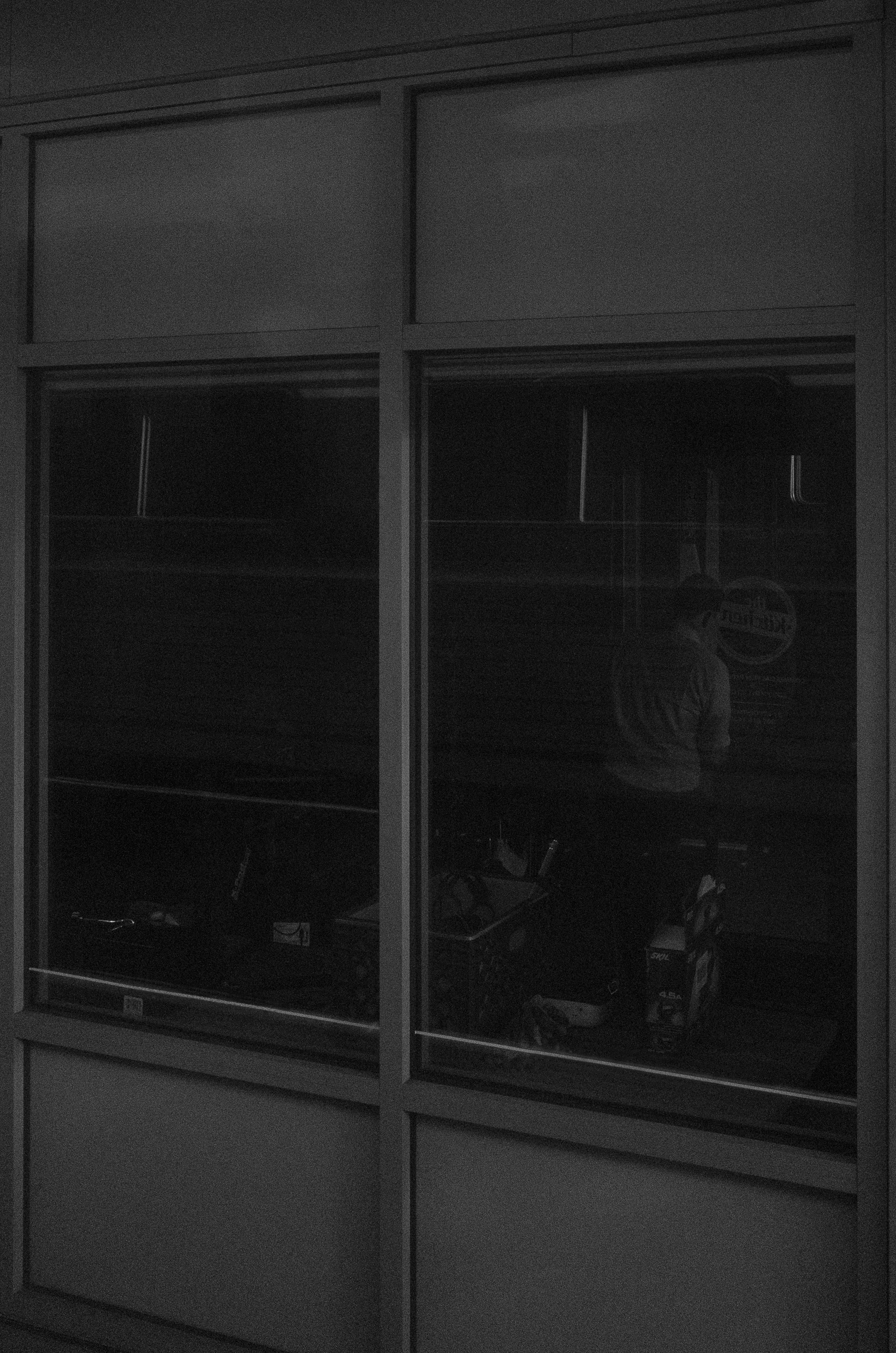
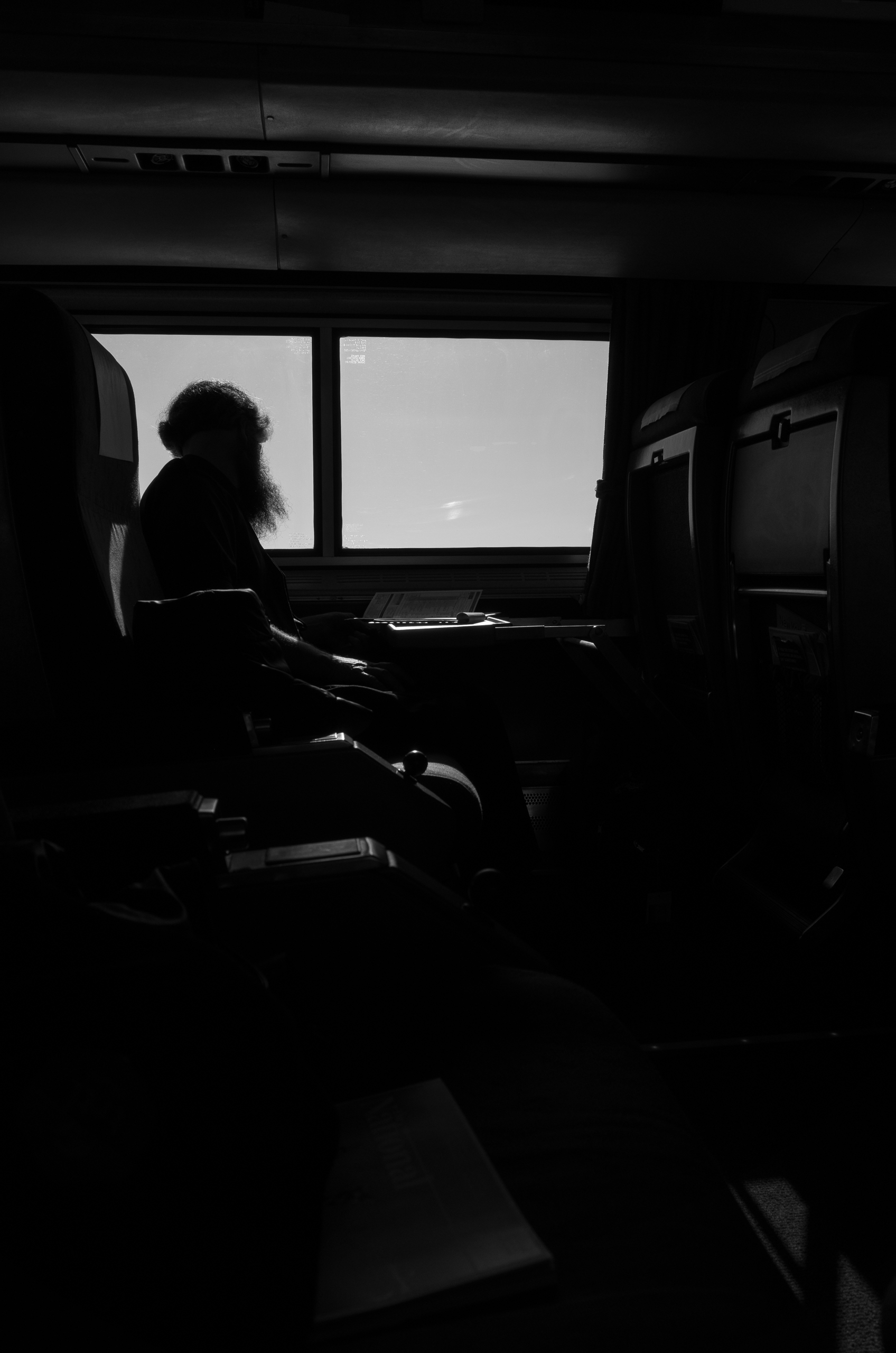
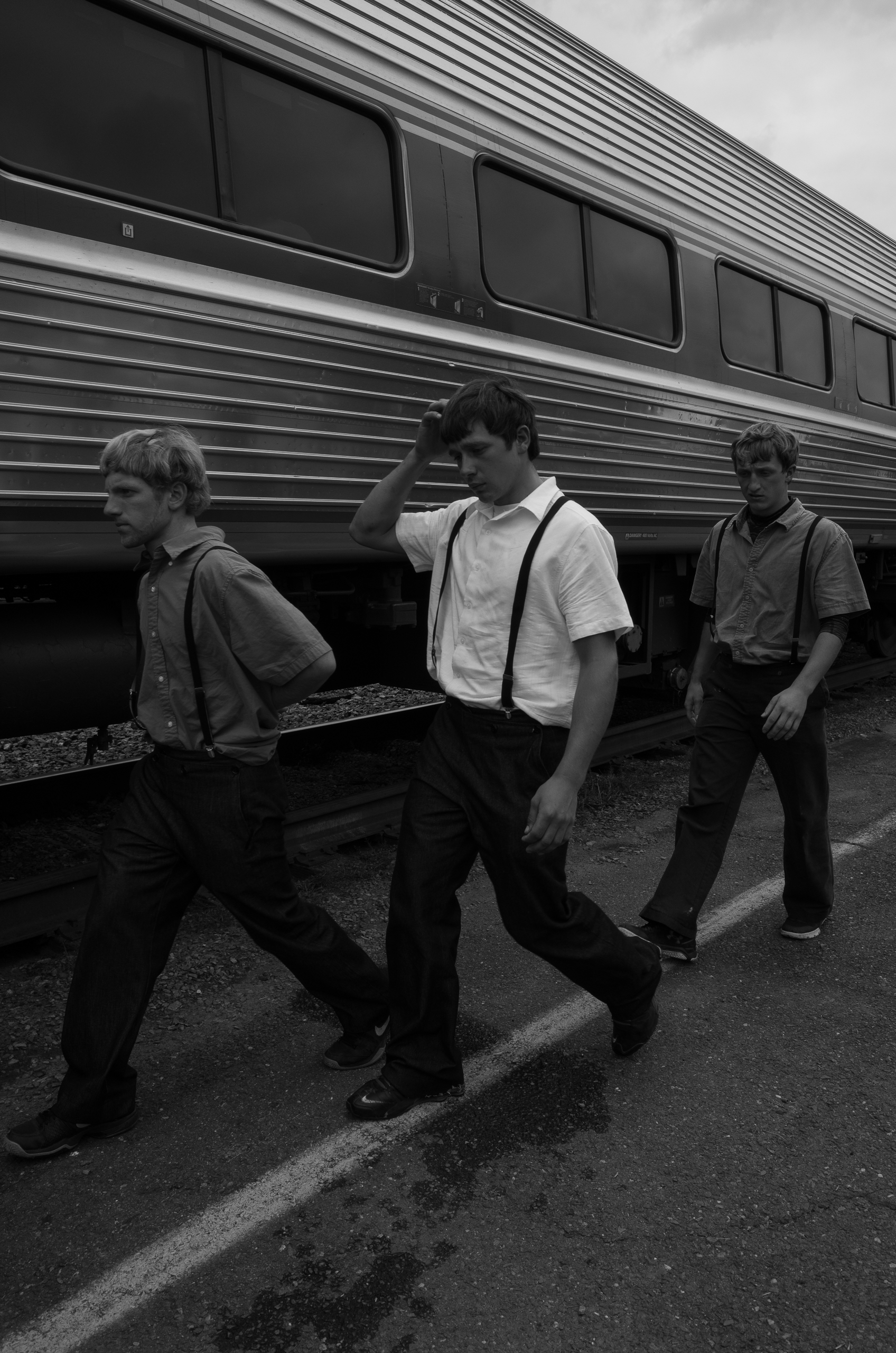
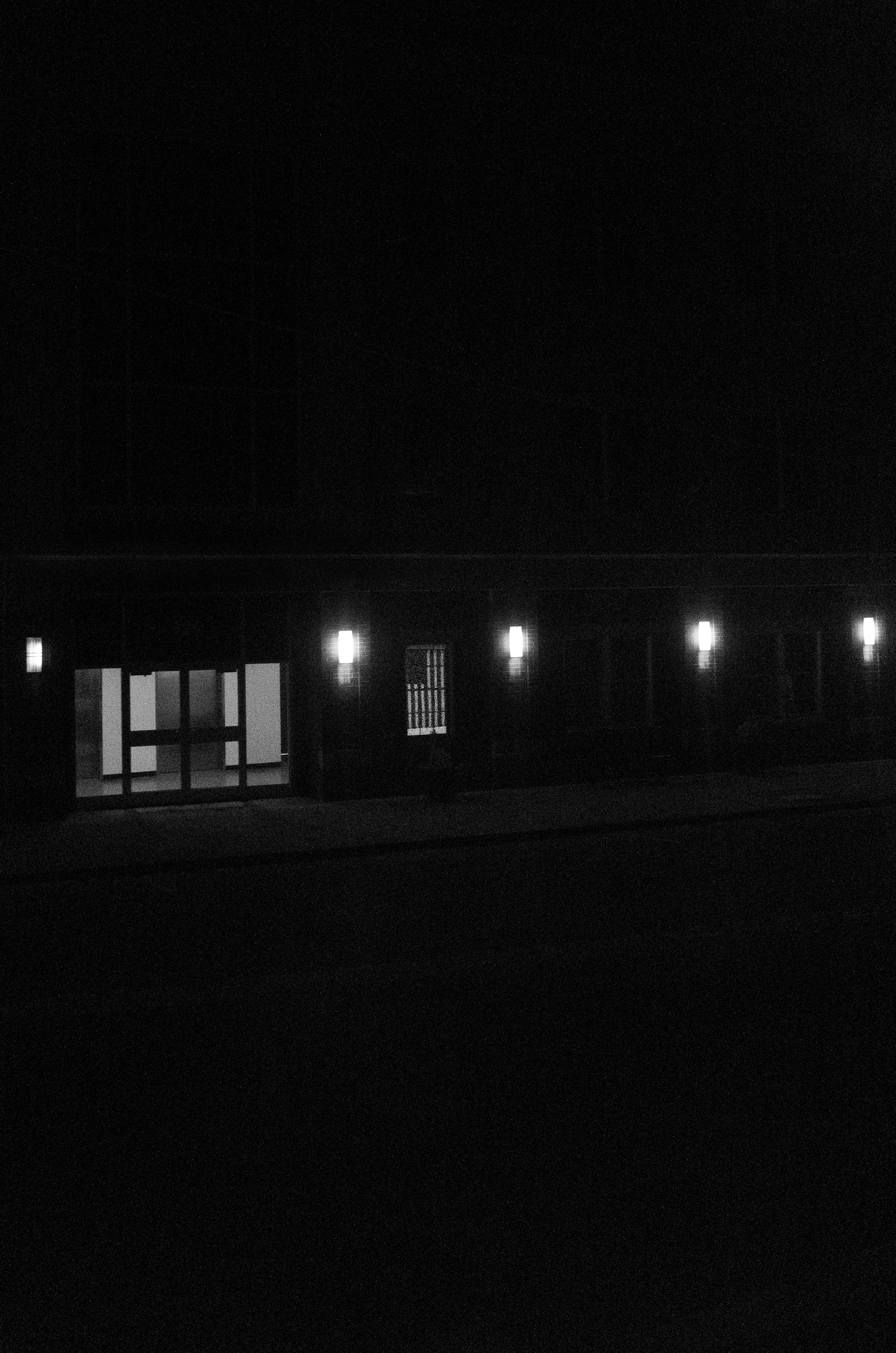
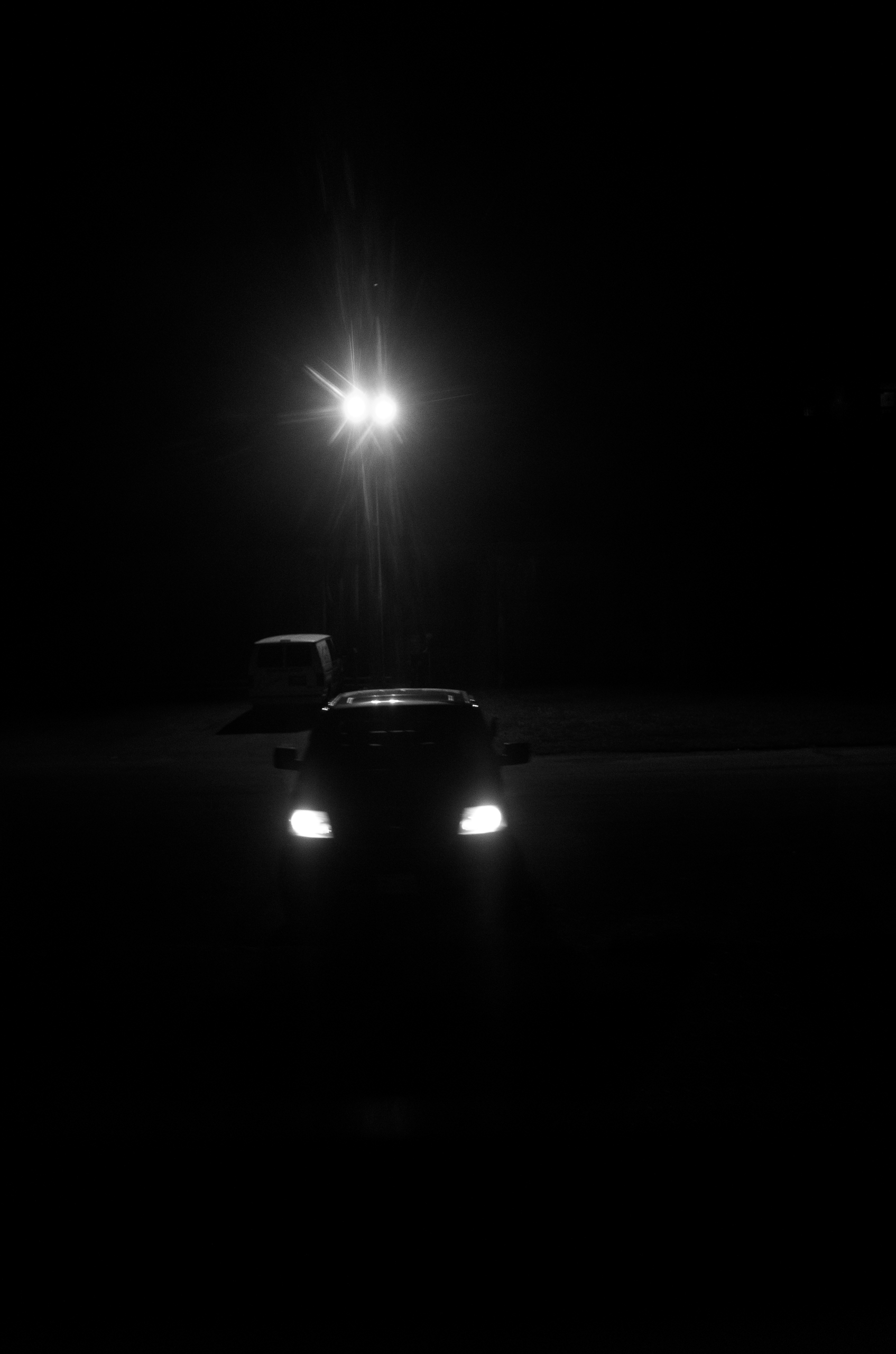
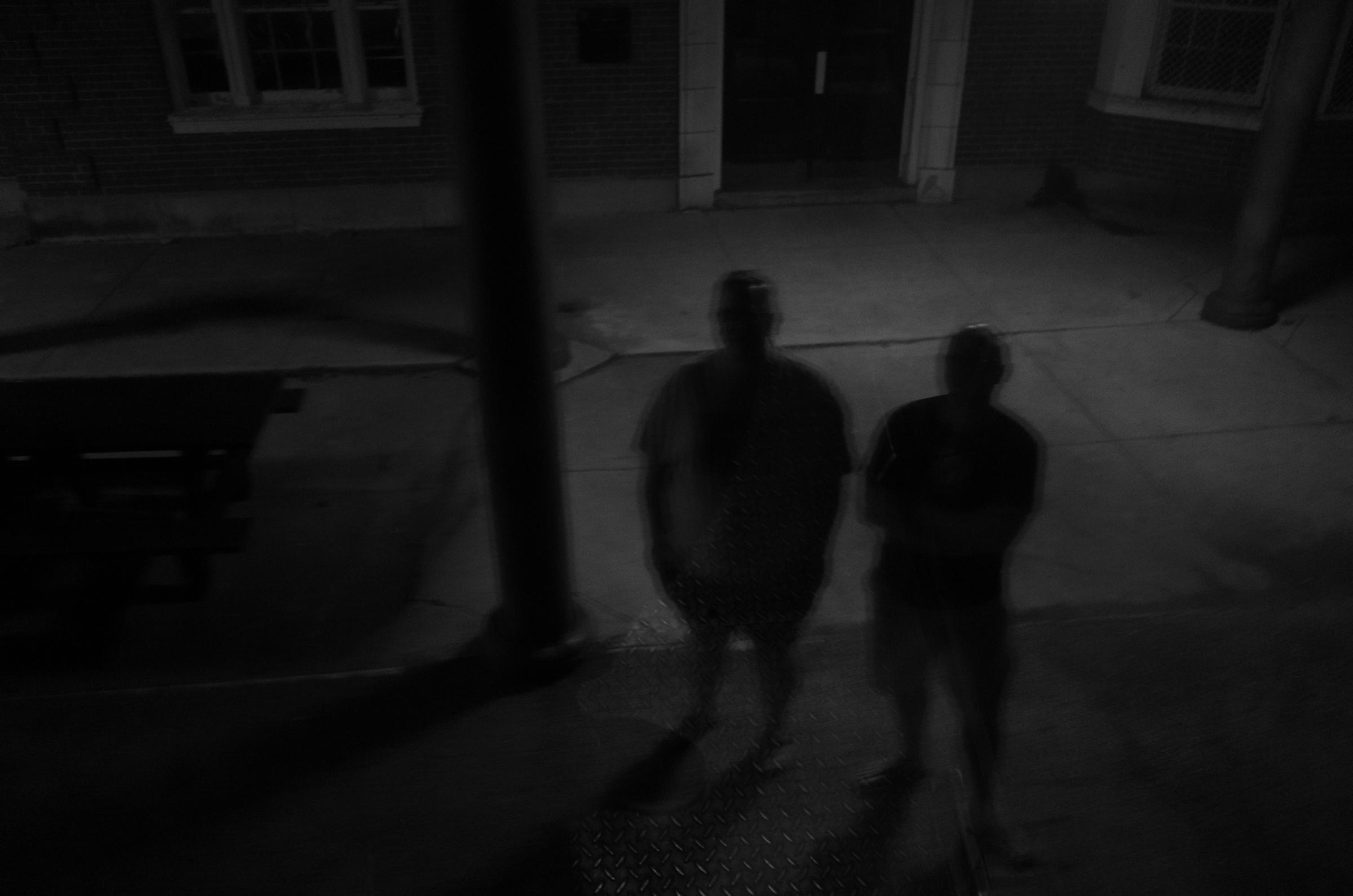
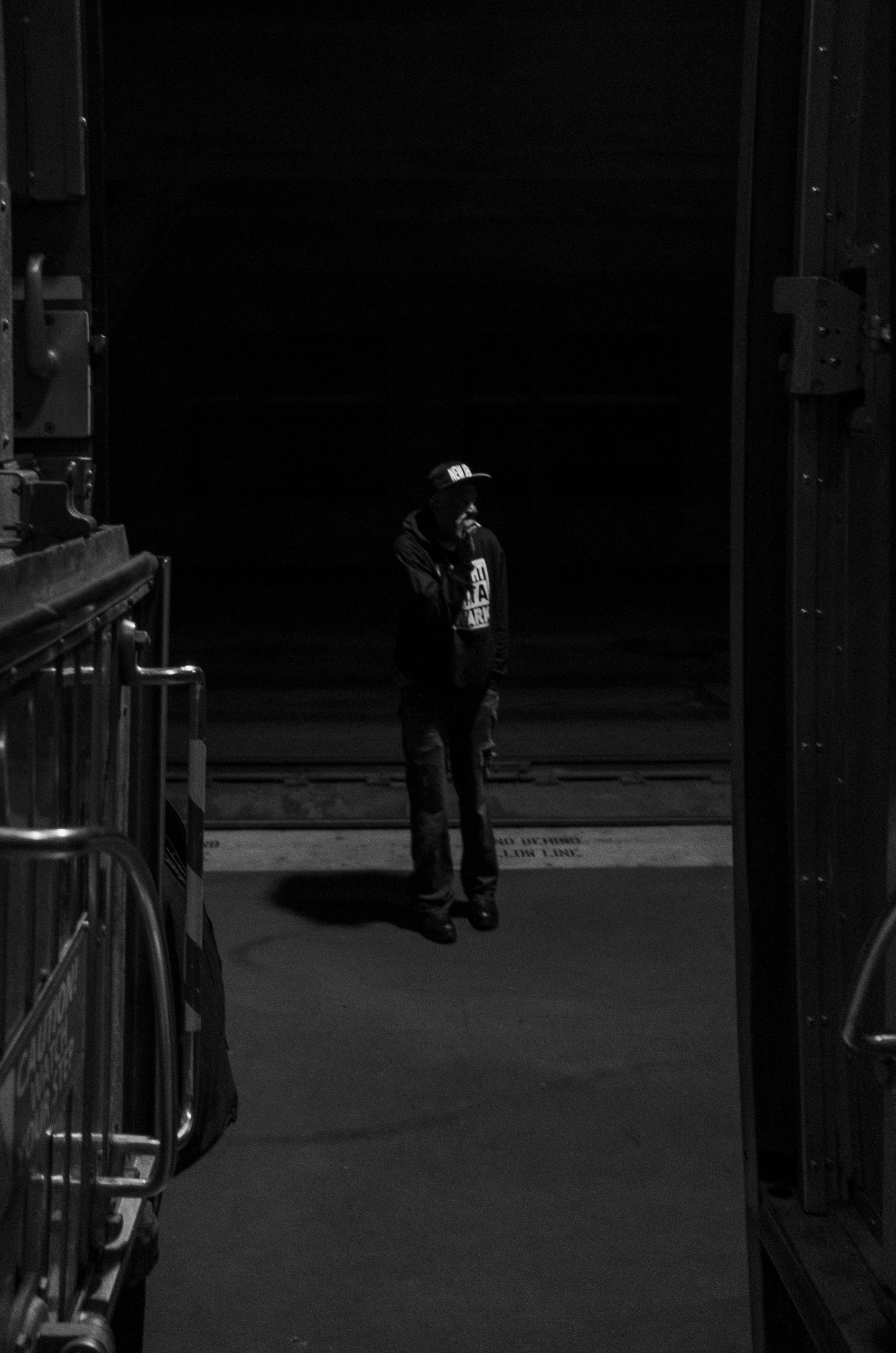
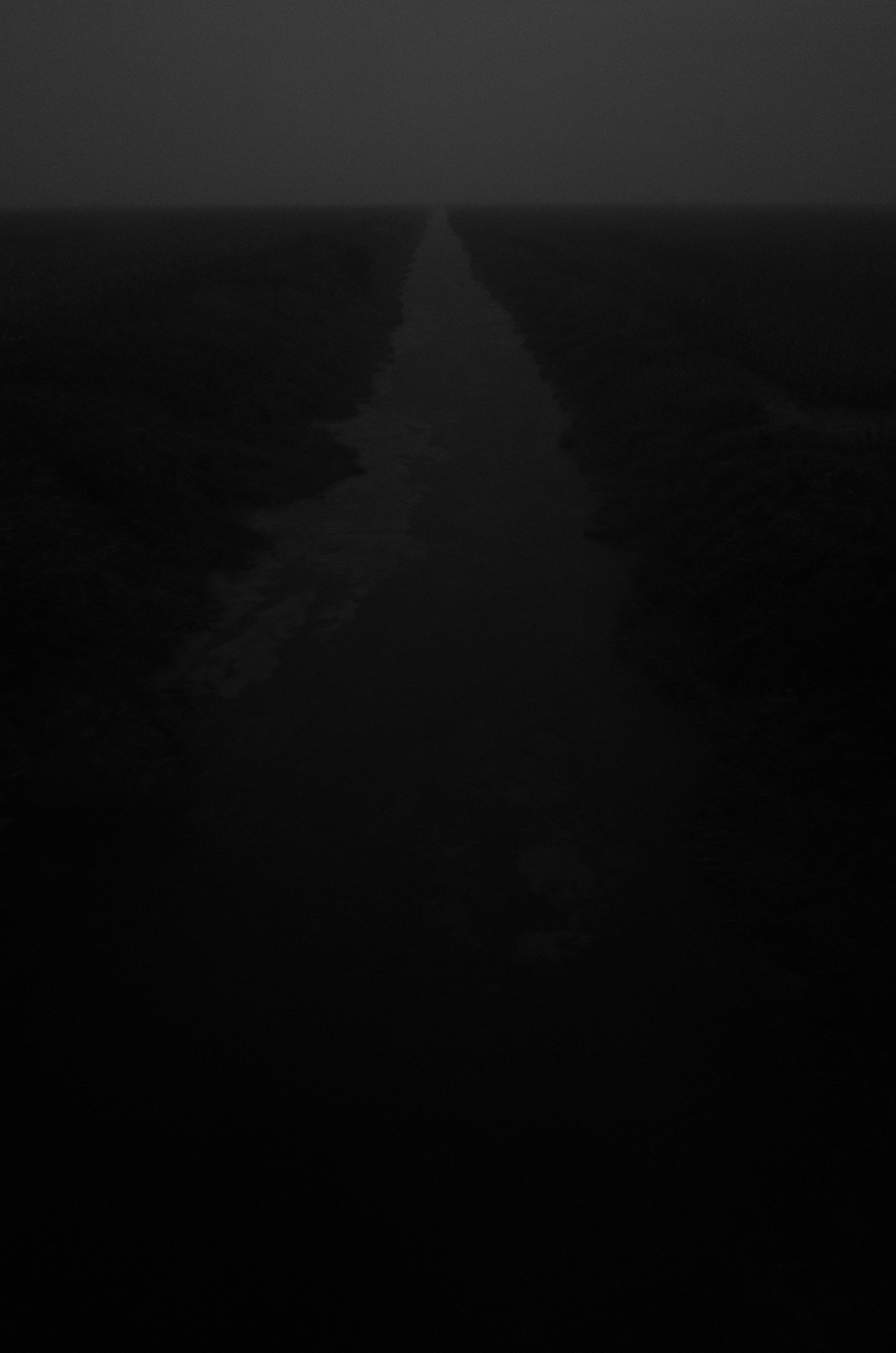
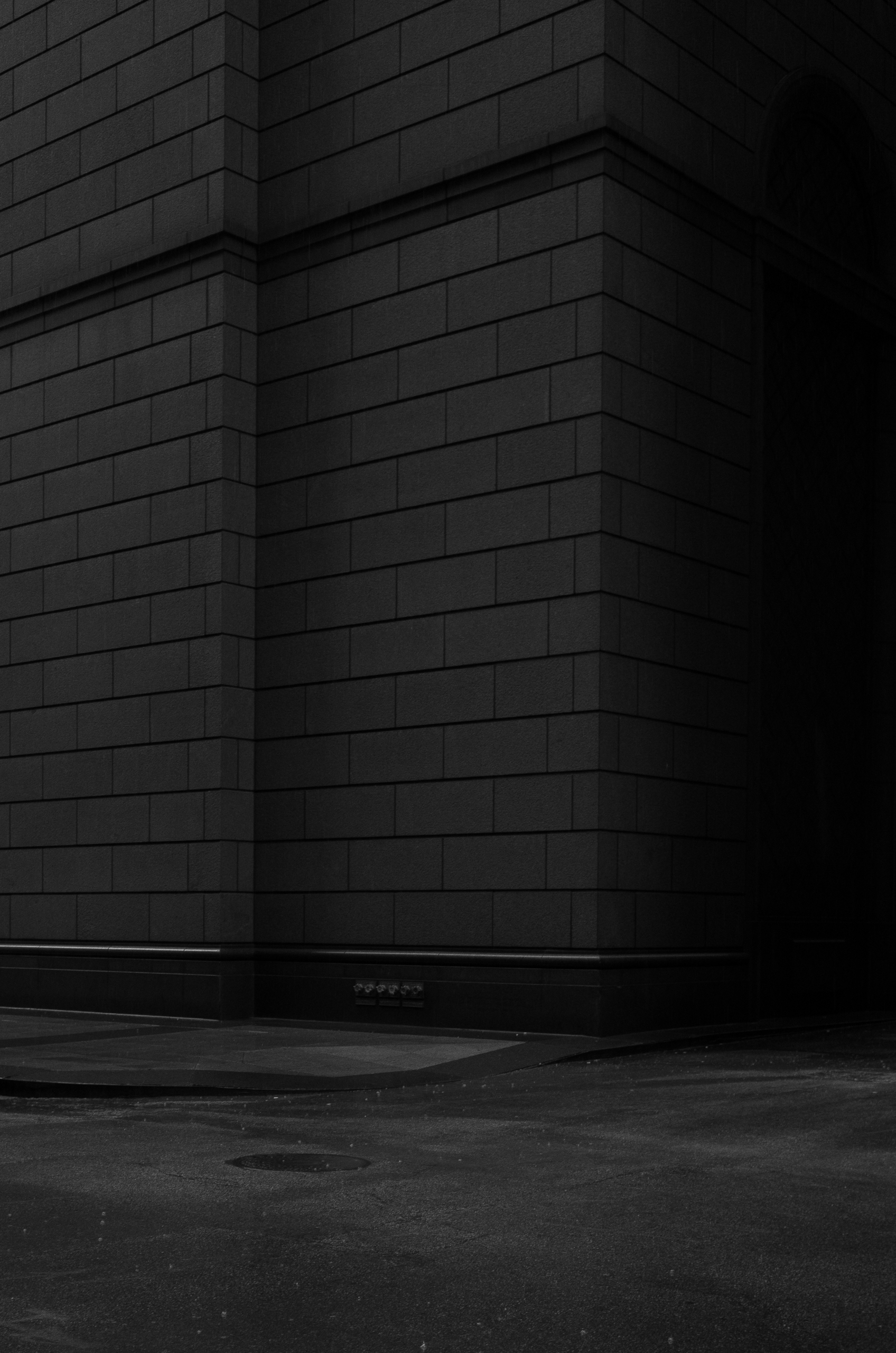
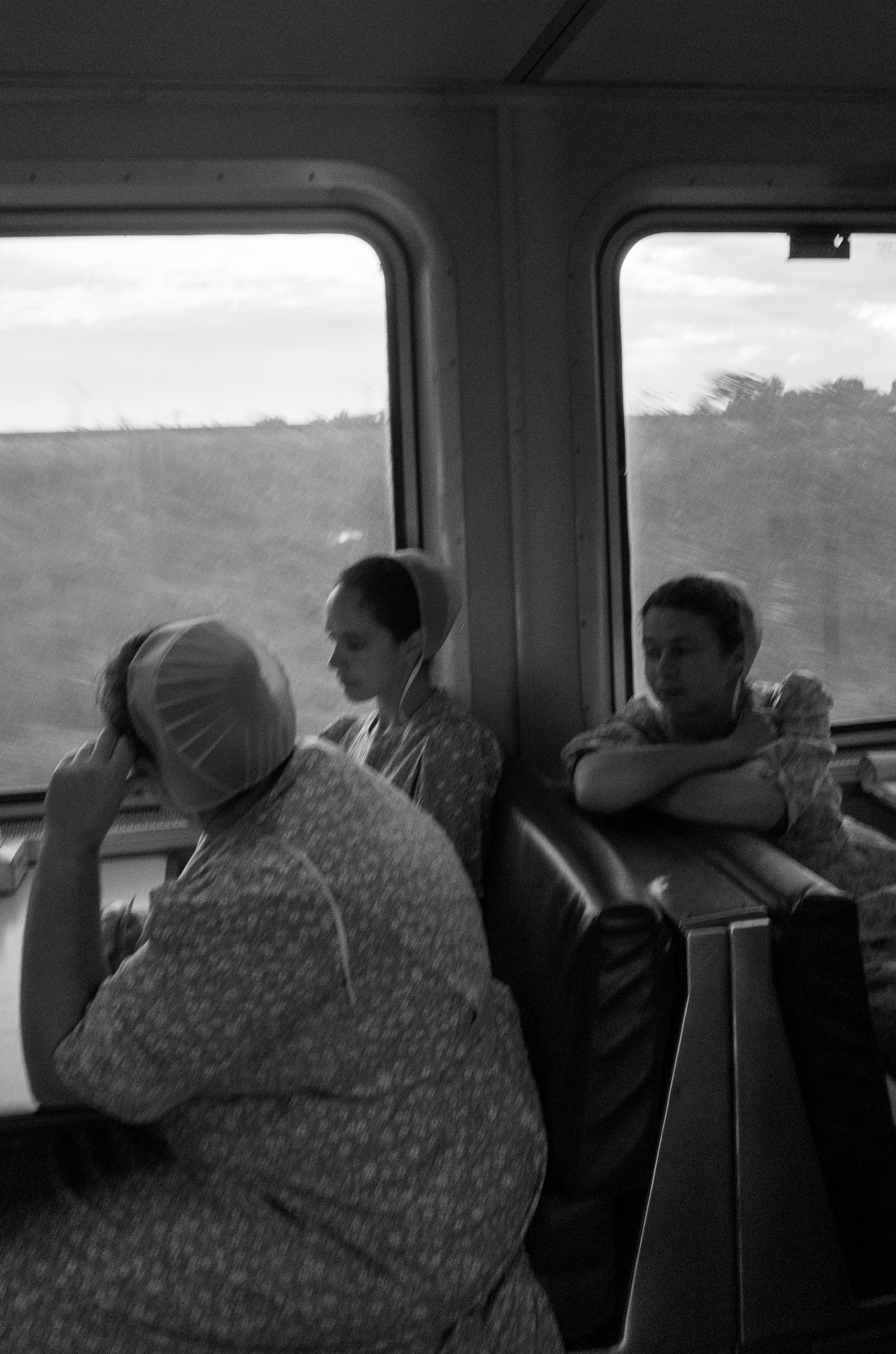
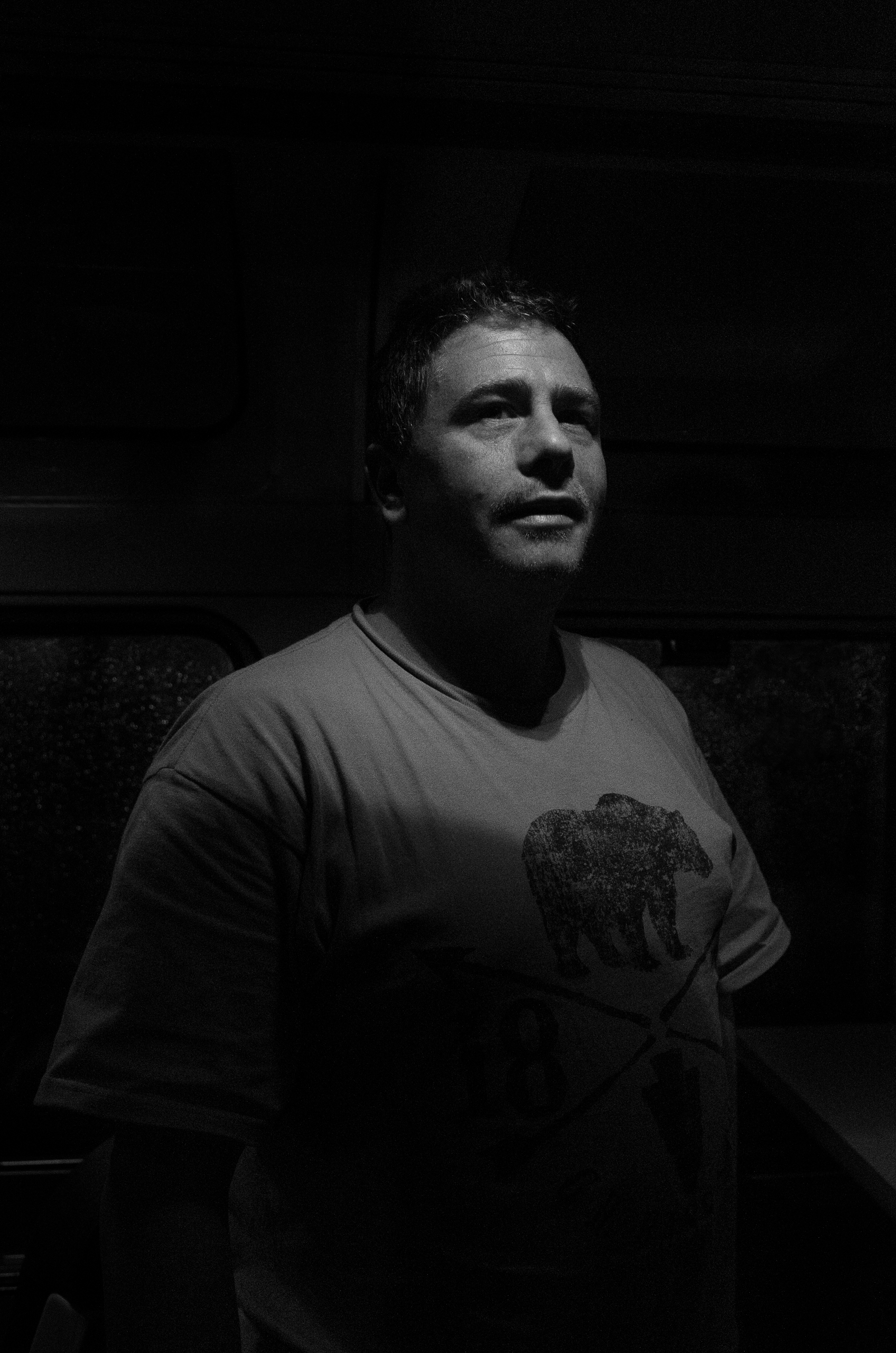
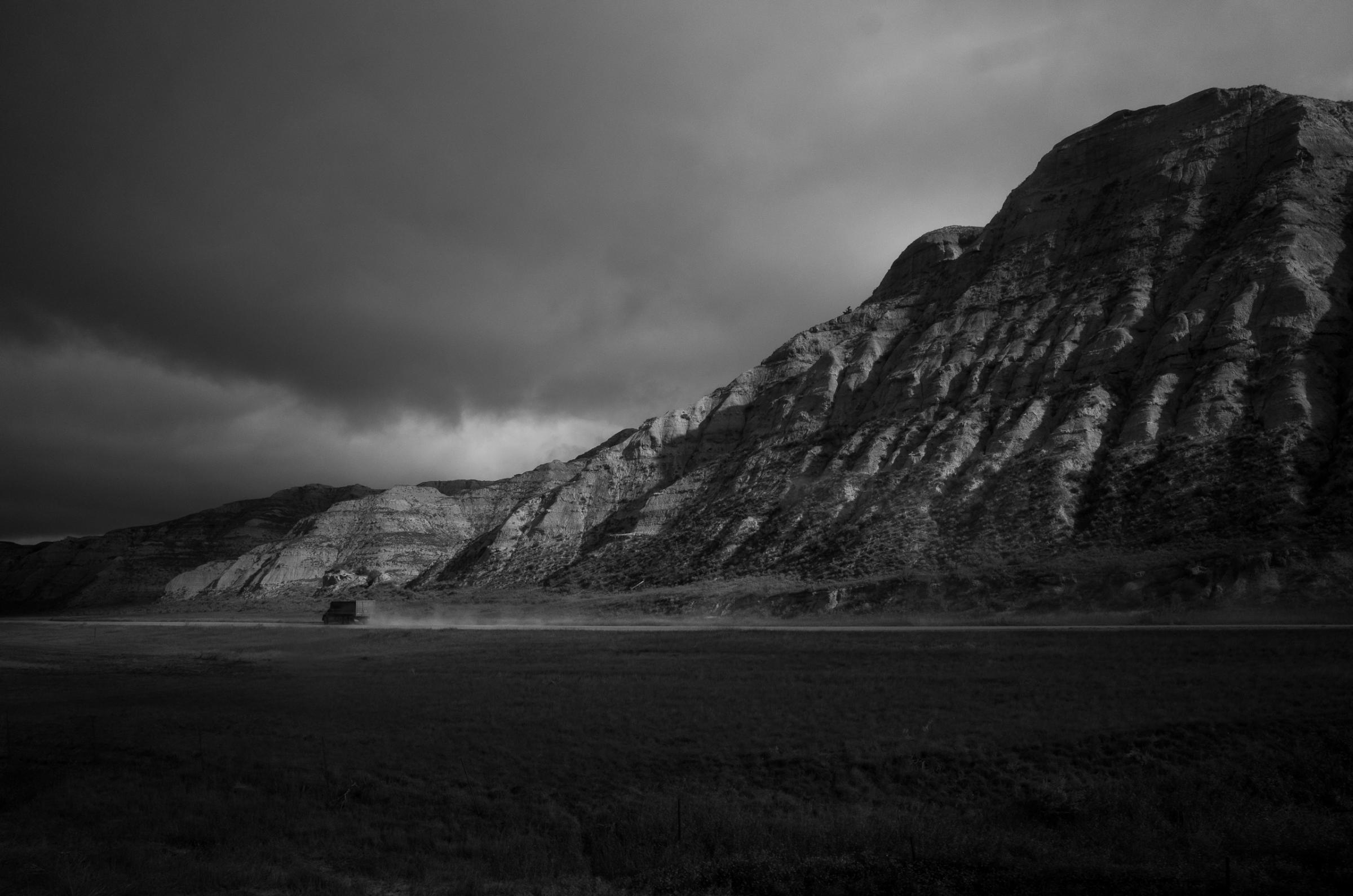
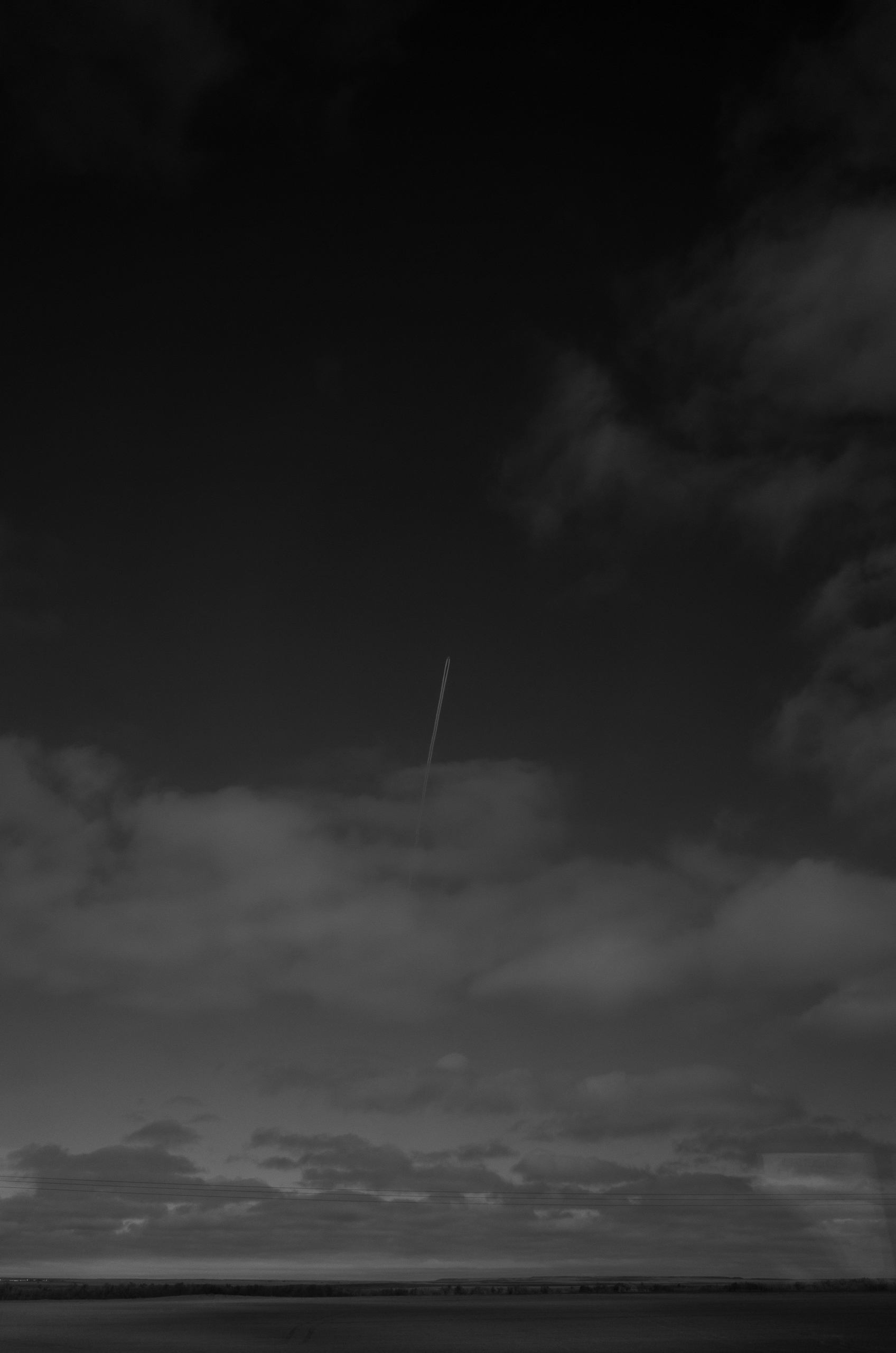
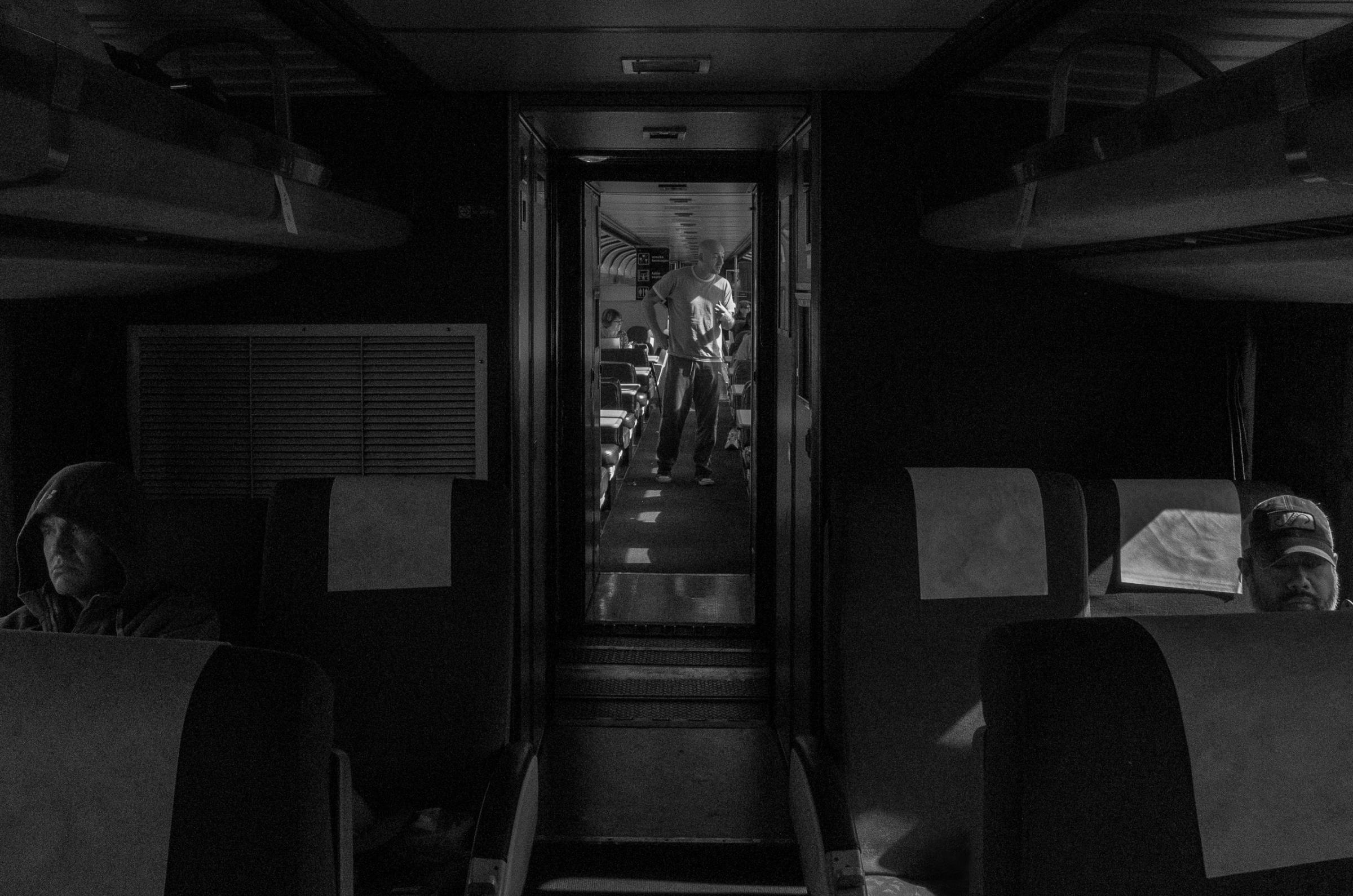
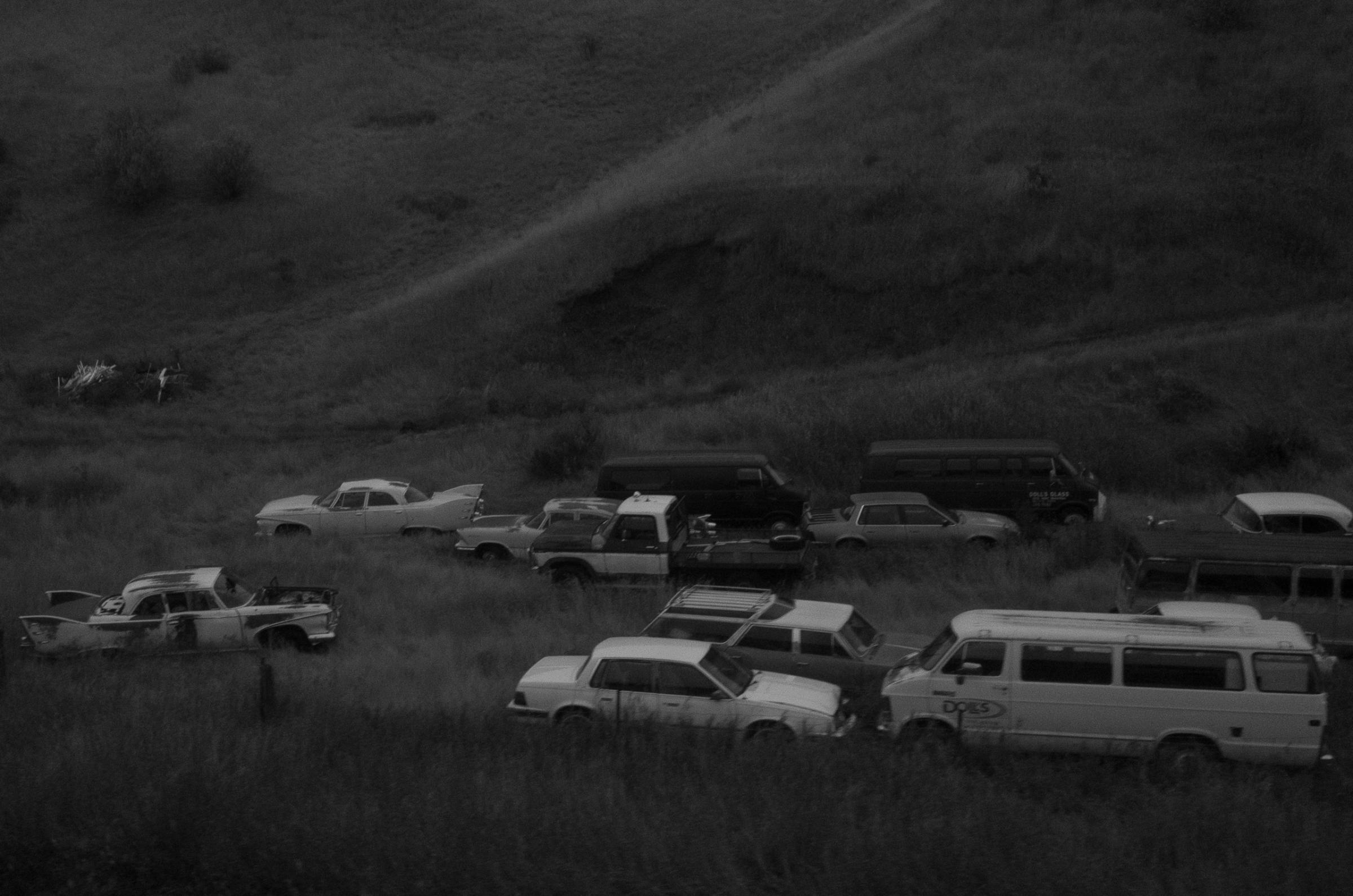
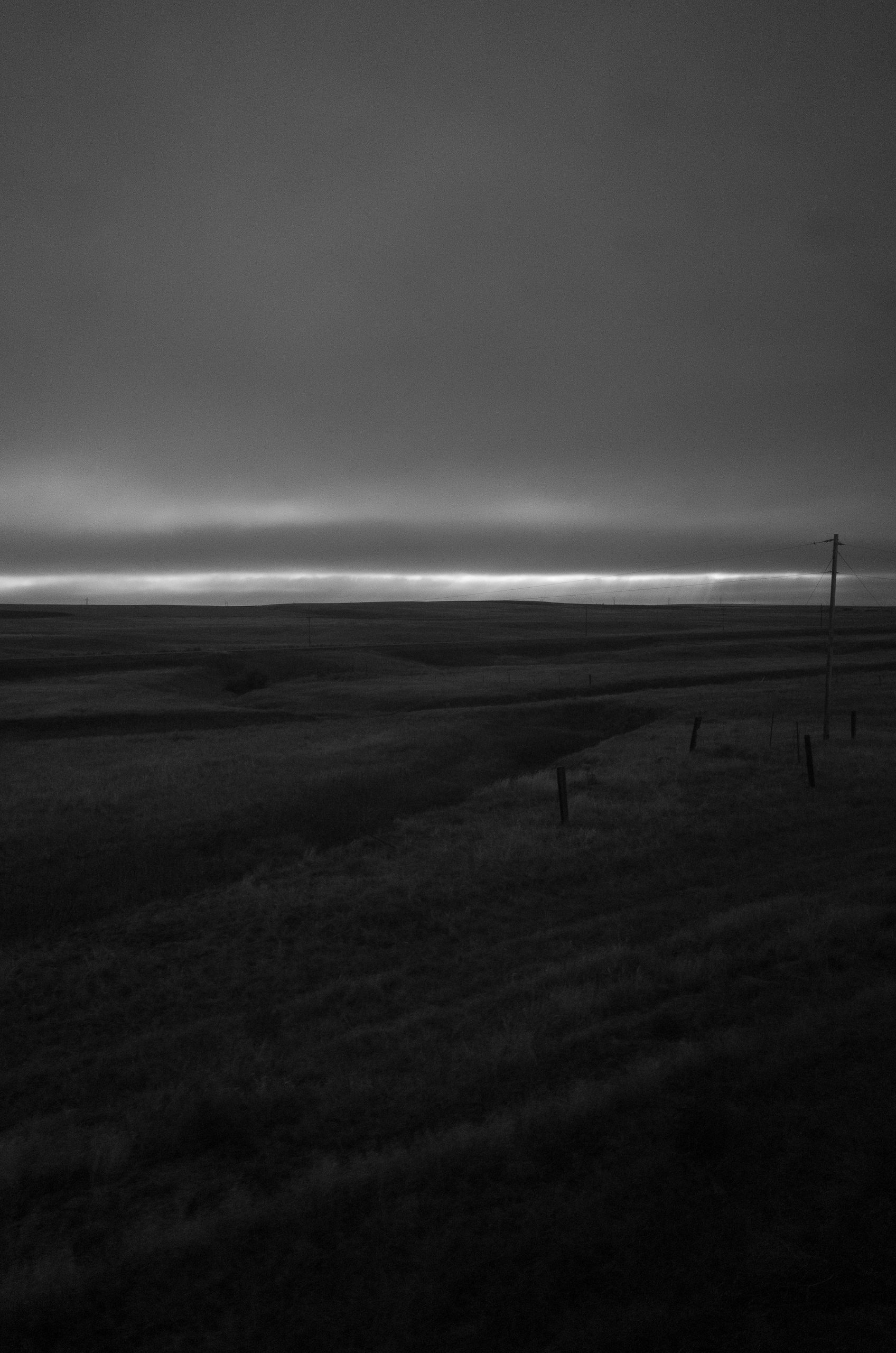
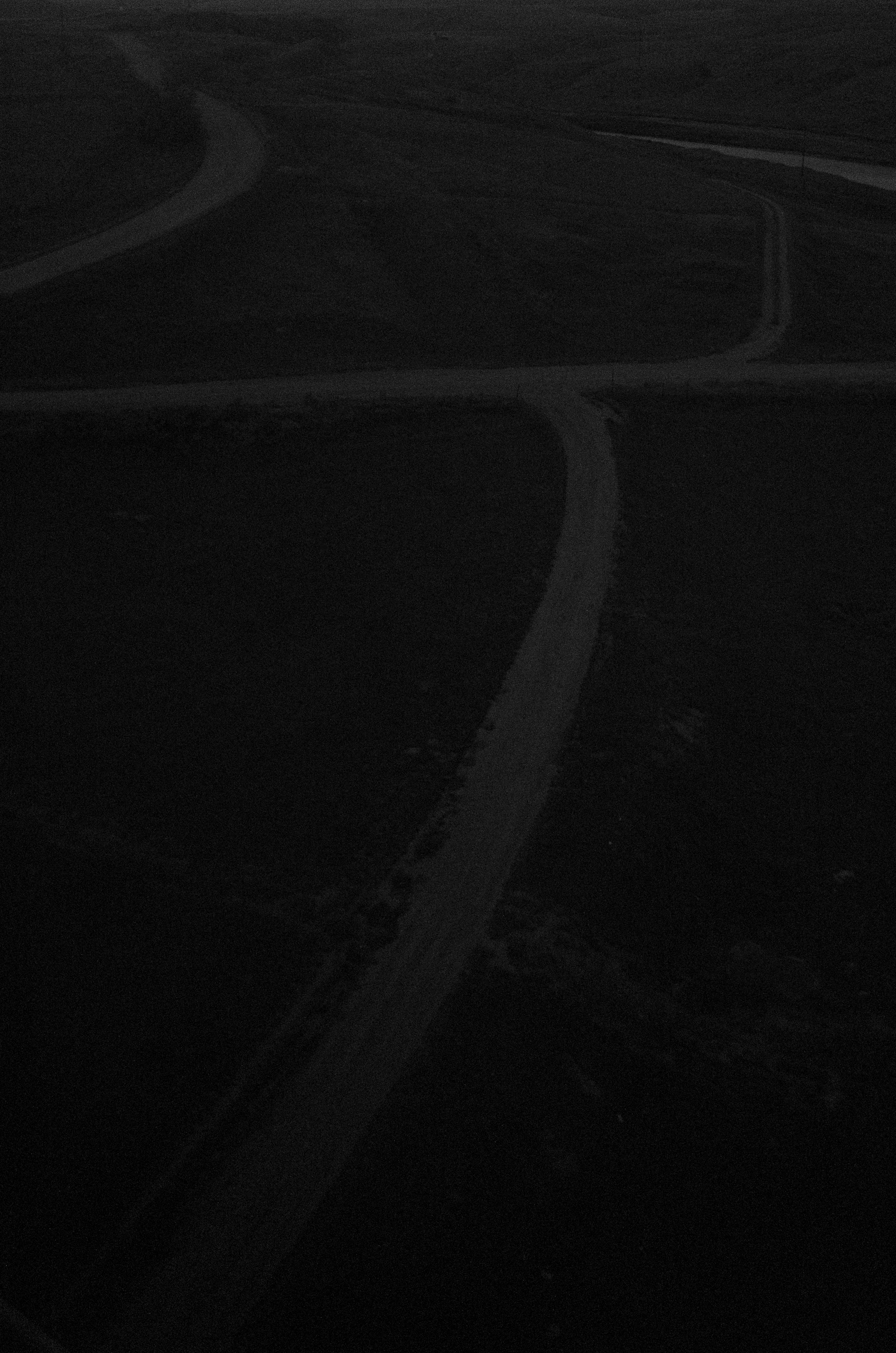
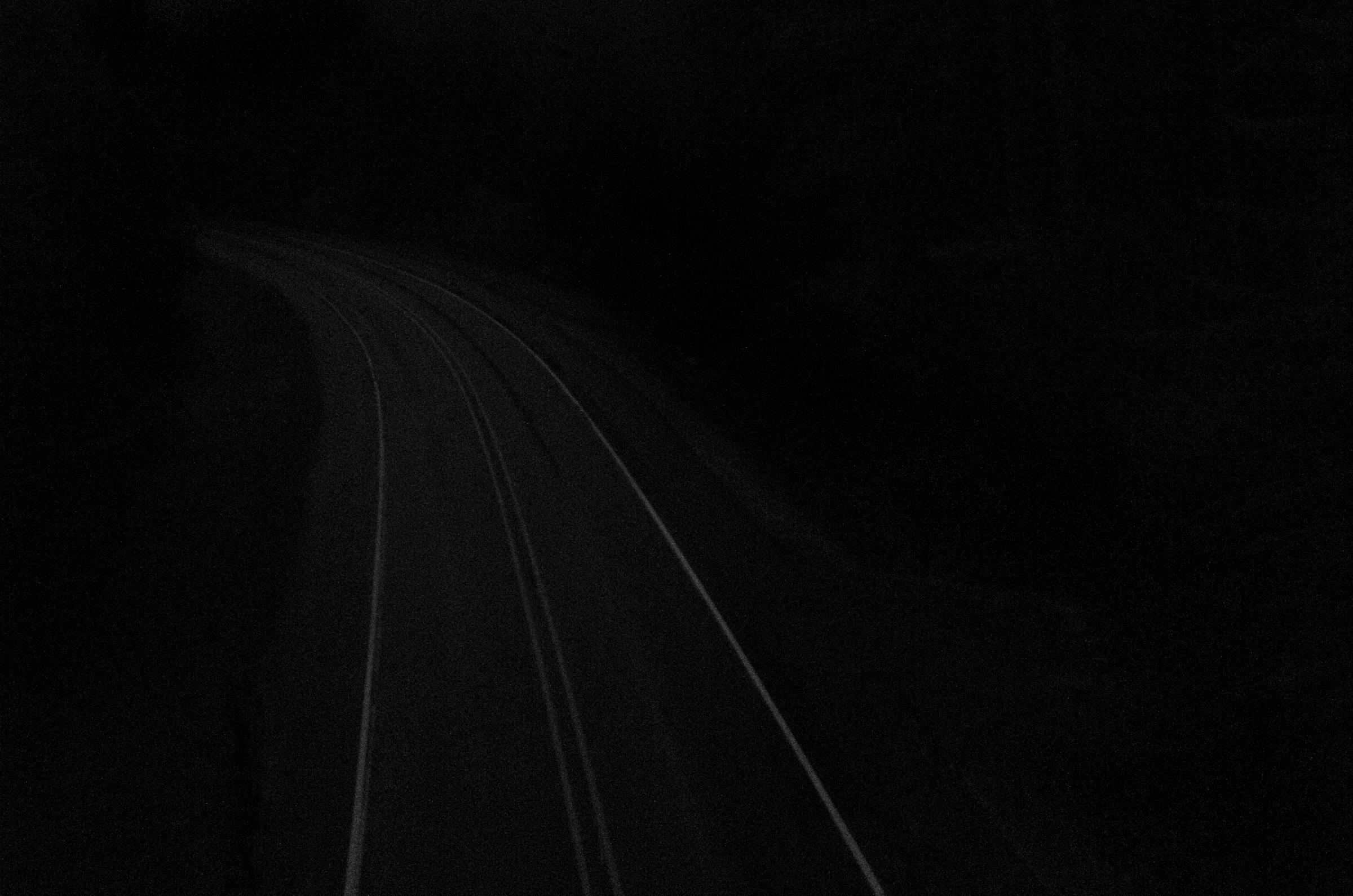
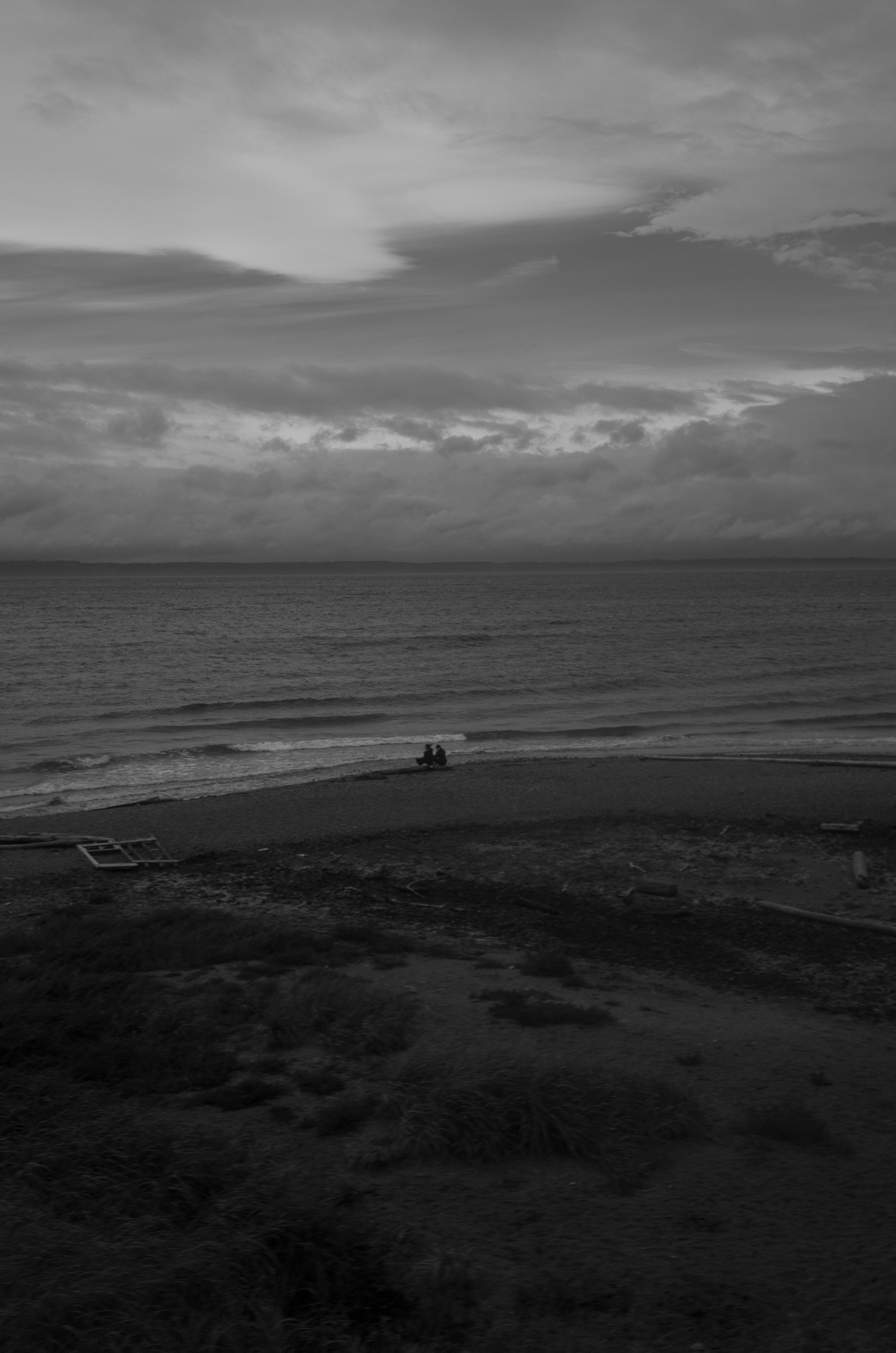
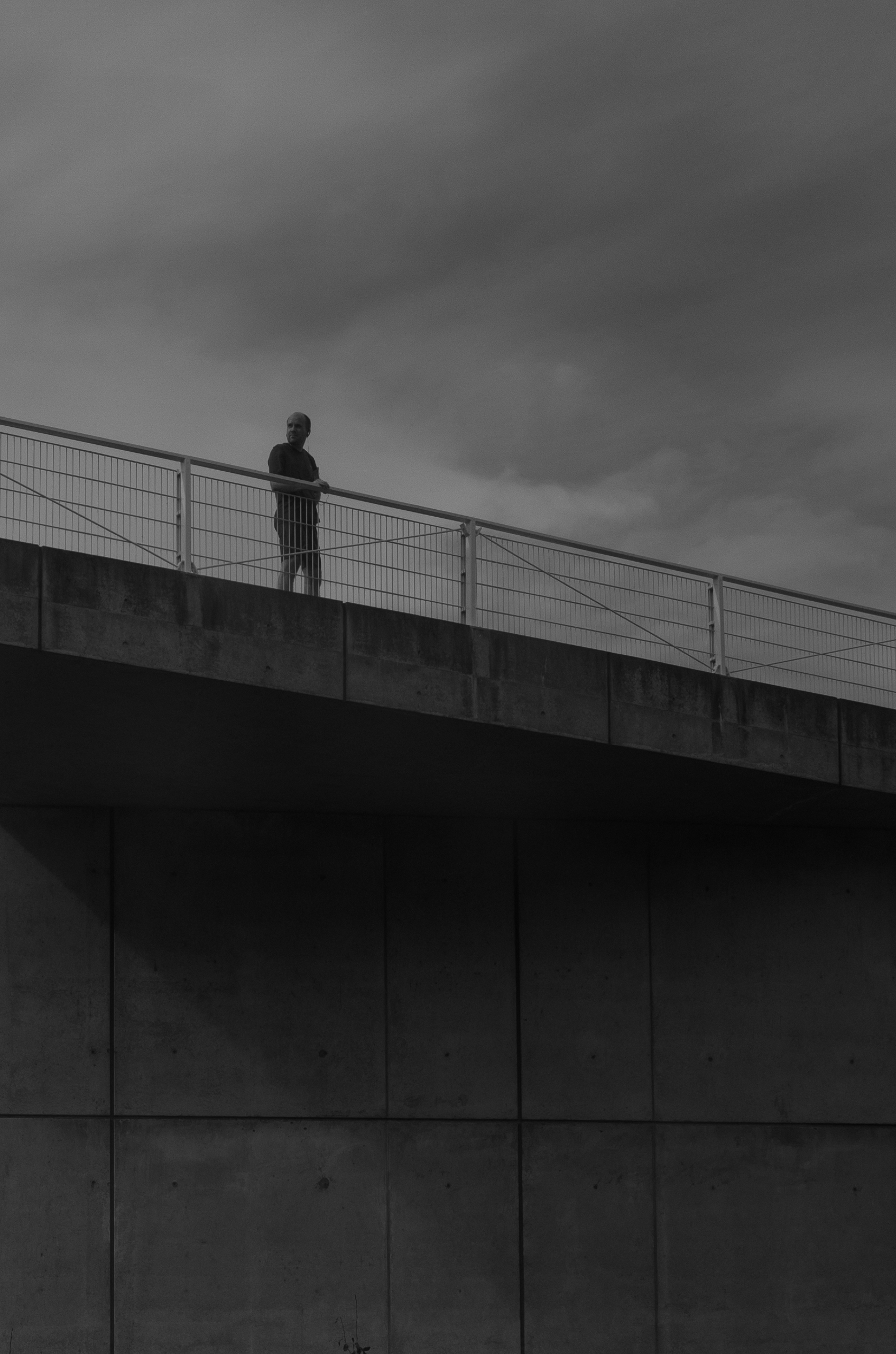
More Must-Reads from TIME
- Cybersecurity Experts Are Sounding the Alarm on DOGE
- Meet the 2025 Women of the Year
- The Harsh Truth About Disability Inclusion
- Why Do More Young Adults Have Cancer?
- Colman Domingo Leads With Radical Love
- How to Get Better at Doing Things Alone
- Michelle Zauner Stares Down the Darkness
Contact us at letters@time.com